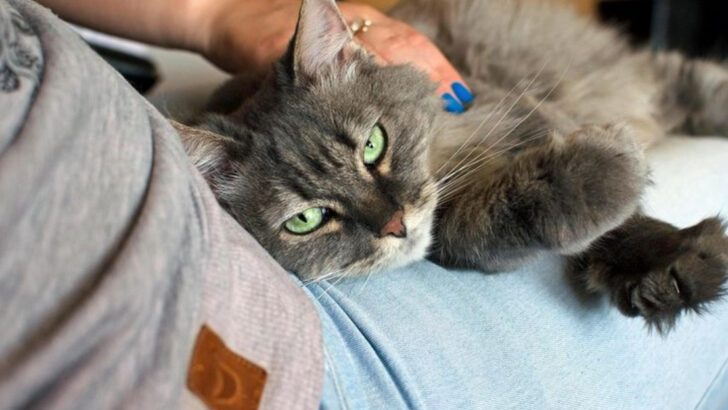Your cat isn’t ignoring you for no reason—they’re just tired of your nonsense.
From loud noises to surprise cuddles, some of the things you do with love are exactly what make your cat roll their eyes and walk away. The tricky part? They’re masters at hiding their irritation behind a blank stare or a flick of the tail.
They won’t file a complaint, but they will knock your glass off the table at 3 a.m.
If your once-cuddly cat is suddenly giving you the cold shoulder, you might be crossing invisible lines. Understanding what secretly annoys them can help you avoid the drama—and get back in their good graces.
Using Strong Scents
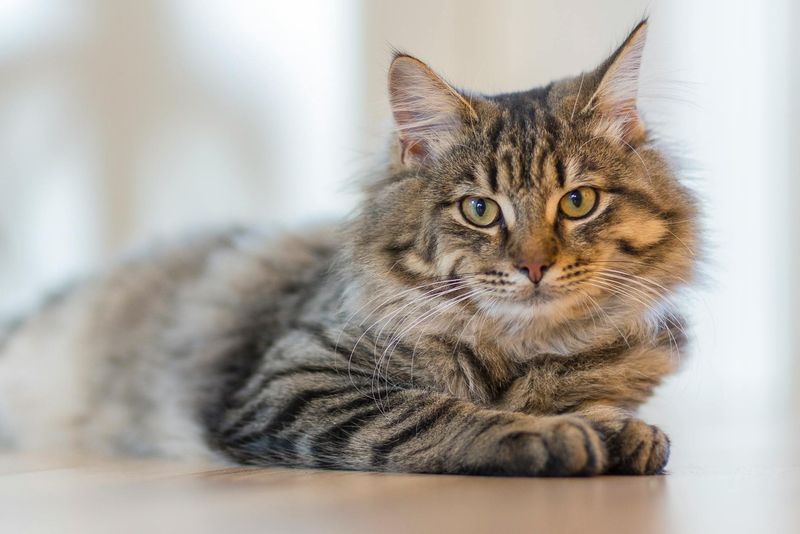
Cats have a highly developed sense of smell, which means strong scents can be overwhelming. What might be a pleasant aroma to you could be an assault on their sensitive noses. Avoid using strong perfumes or cleaning products near their play or resting areas. Opt for unscented or pet-safe options. This consideration for their sensory experience can prevent unnecessary stress. When you cater to their heightened senses, you create an environment where they feel more comfortable and at ease. Understanding this aspect of their nature can improve their quality of life significantly.
Too Much Light Exposure
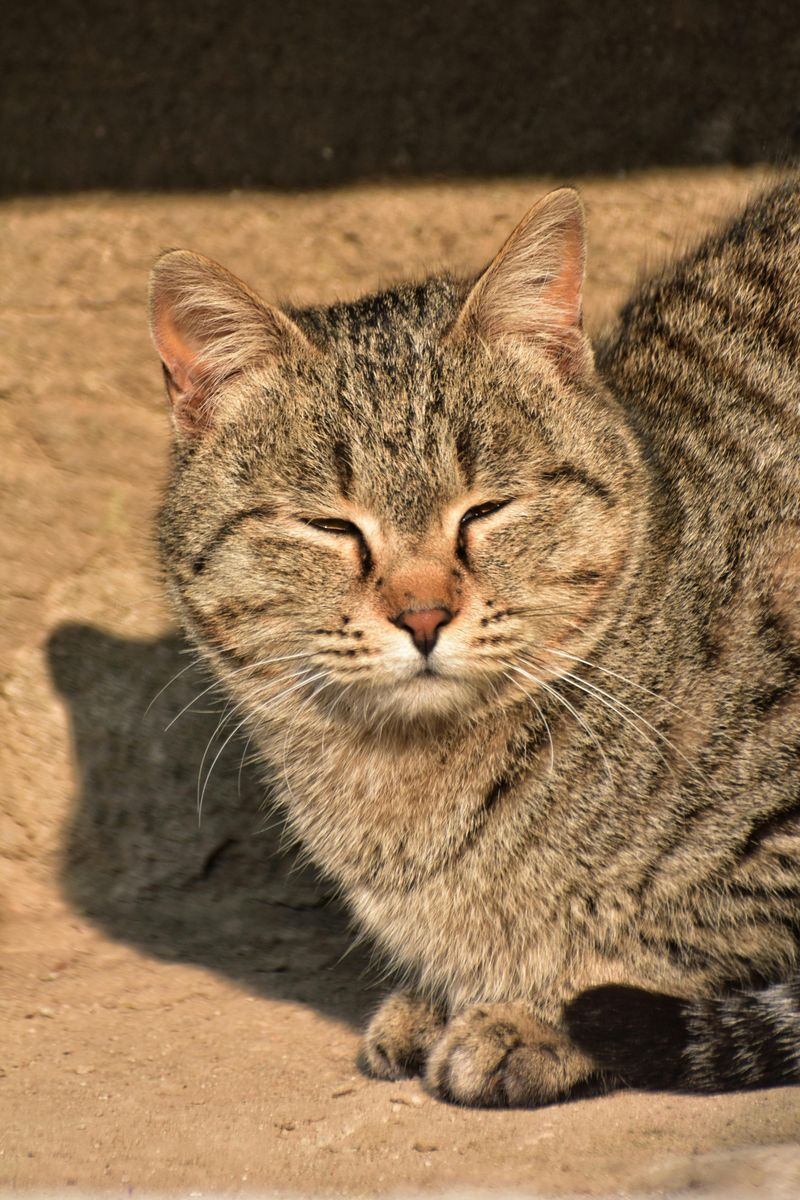
Basking in the sun may seem delightful to many cats, but artificial lighting can be a whole different story. The constant glare of bright, artificial lights can lead to stress in cats.
Switching to softer lighting or providing shaded areas can alleviate this discomfort. Cats have a natural affinity for dim or natural light, which mimics their ancestral habitats.
Did you know? Cats’ eyes are adapted for low-light hunting, not for enduring bright illumination. So, consider their comfort when choosing your home’s lighting. It’s a simple change that can make them purr with contentment.
Ignoring Their Personal Space
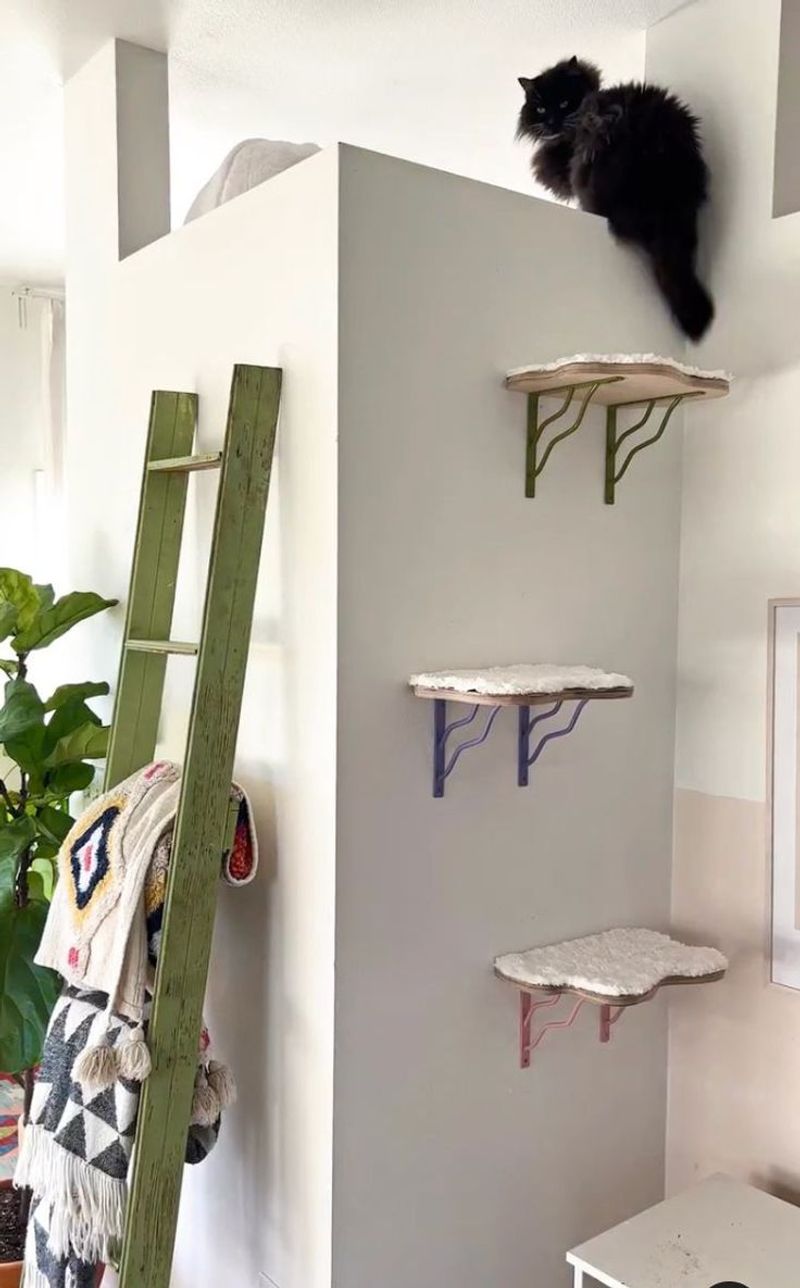
Your feline friend treasures its personal space. They have an invisible bubble that, when invaded, can lead to discomfort or stress. Just like you wouldn’t appreciate someone leaning too close while you’re relaxing, neither does your cat. Find that sweet spot where they feel safe yet engaged. Respecting this need for space builds trust. You might notice them curling up closer when they feel their boundaries are honored. Offer them a choice, and they’ll appreciate the freedom. This respect shows you acknowledge their individuality and fosters a more affectionate and trusting relationship with your pet.
Overstimulation Through Excessive Fussing
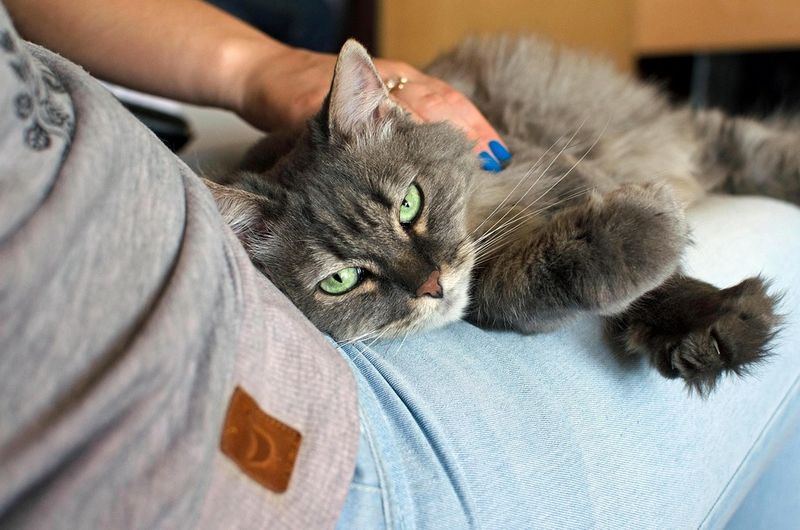
Ever wonder why your cat suddenly swats at you after a petting session? Cats can become overstimulated by excessive fussing. Short, gentle strokes are usually preferred over prolonged, vigorous petting.
It’s crucial to watch for signs, like a twitching tail or flattened ears, that signal they’ve had enough.
Interestingly, cats have personal thresholds for how much physical attention they can handle. Respecting their boundaries can prevent unexpected reactions, leading to a happier, more harmonious relationship with your feline friend.
Neglecting Playtime Needs
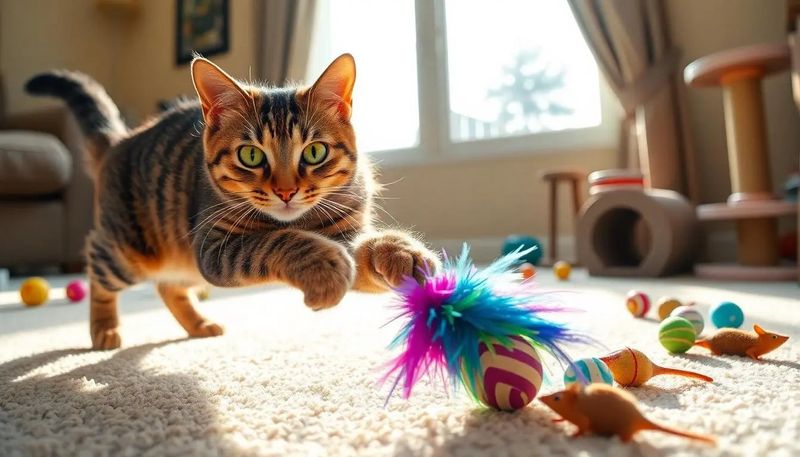
Play is a critical part of a cat’s life, contributing to both physical health and mental stimulation. Neglecting this need can lead to boredom or even weight gain. Regular play sessions help them expend energy and engage their hunting instincts. Create a variety of activities to keep their interest piqued. From feather toys to interactive games, the options are endless. This investment in their physical and mental well-being pays off with a happier, more contented pet. By acknowledging and addressing their playtime needs, you contribute to their overall happiness.
Changing Their Routine
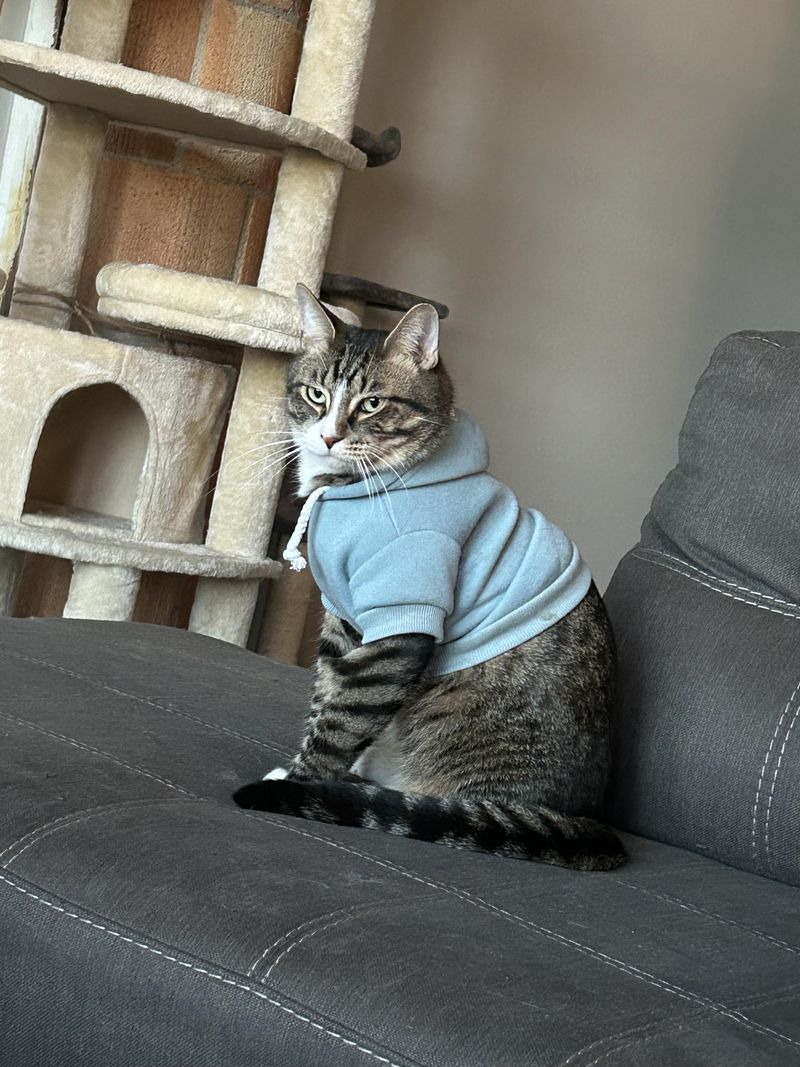
Cats thrive on routine. They find comfort in knowing when meals arrive or where their favorite napping spot is. Sudden changes can unsettle them, leading to stress or anxiety. If a shift in routine is necessary, ease them into it gradually. Maintain consistency as much as possible to keep them calm. A stable environment means a happier cat. Routine is their way of making sense of the world. By respecting this, you provide them with a sense of security and predictability, thus enhancing their overall well-being and happiness.
Petting Them Wrong
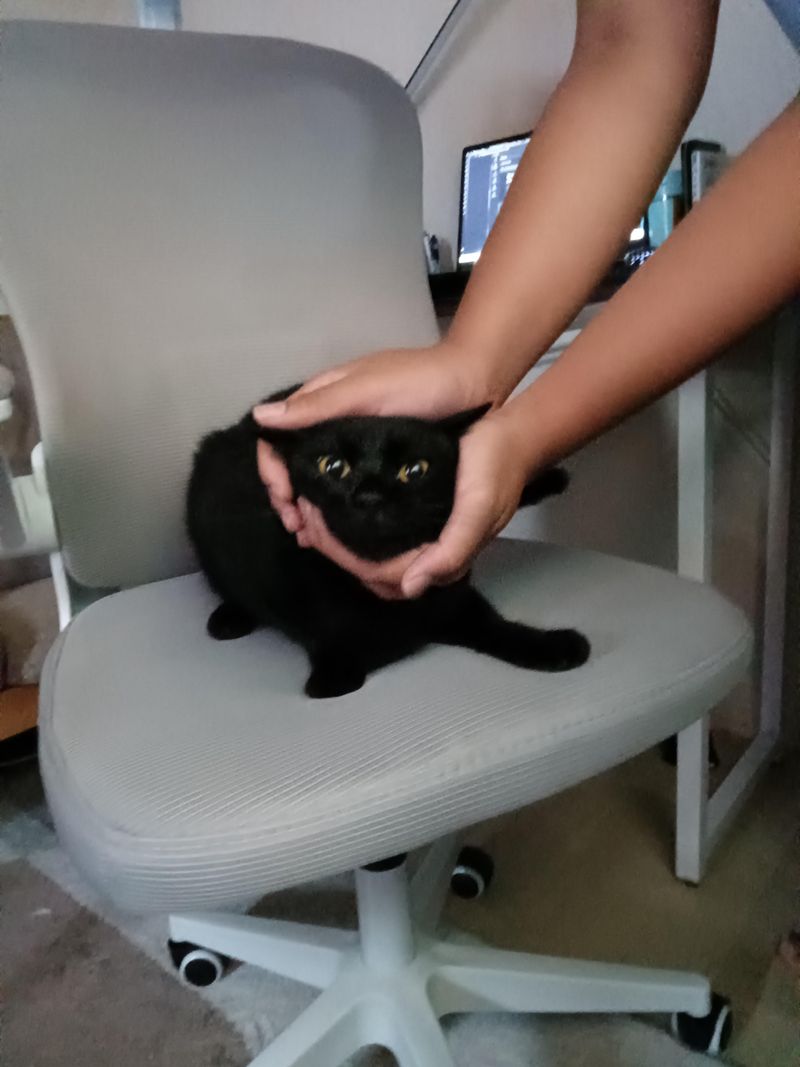
Cats are discerning about how they like to be touched. While a dog might enjoy a rough pat, a cat is usually more subtle in their preferences. Stroking their fur the wrong way can lead to an annoyed flick of the tail or even a quick getaway. Pay attention to their responses. A gentle glide along the back or a scratch behind the ears can be a favorite. Watch for signs of pleasure like purring or leaning in. This attentiveness can turn a hesitant relationship into one of mutual enjoyment and comfort.
Not Providing Enough Scratching Posts
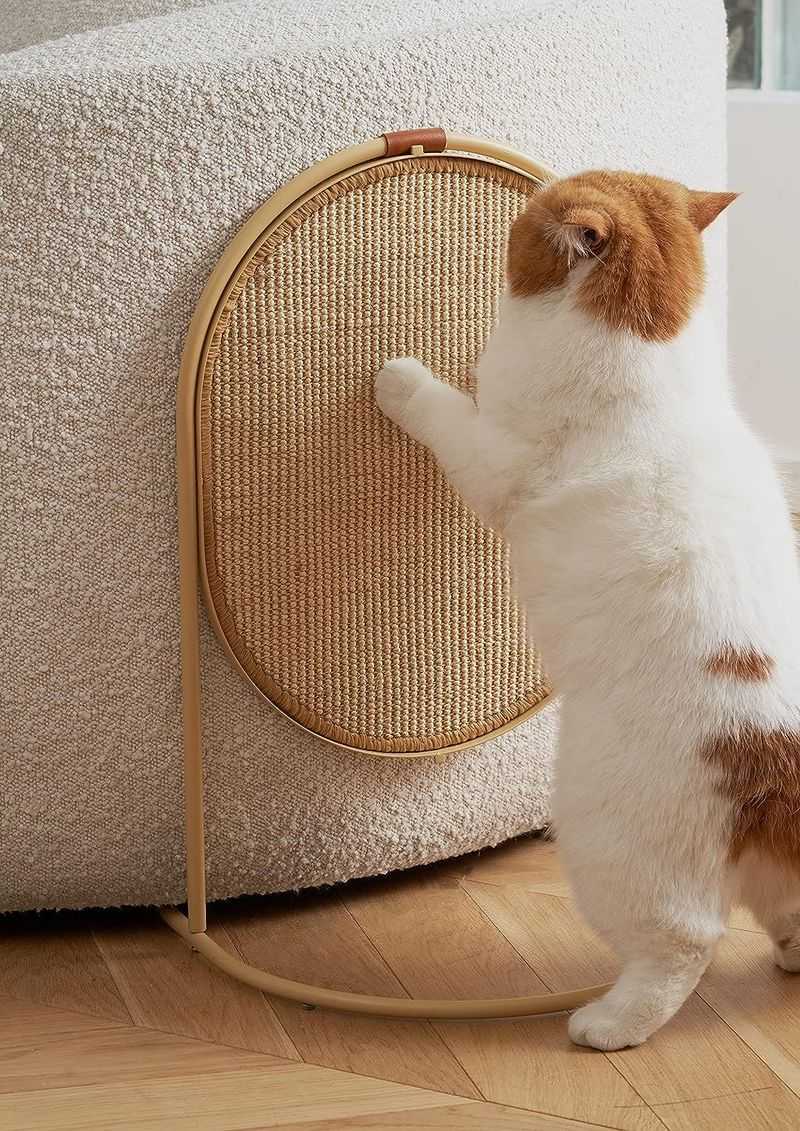
Cats need to scratch—it’s a natural behavior that helps them stretch and mark territory. Without appropriate outlets, they might target your furniture or curtains. Provide various scratching surfaces like posts or mats around your home. Experiment with different textures and placements to find what your cat prefers. This not only saves your decor but enriches their environment. Encouraging appropriate scratching behavior supports their instinctive needs and prevents frustration. By offering alternatives, you allow them to express natural behaviors without conflict, enhancing household harmony.
Forcing Social Interactions
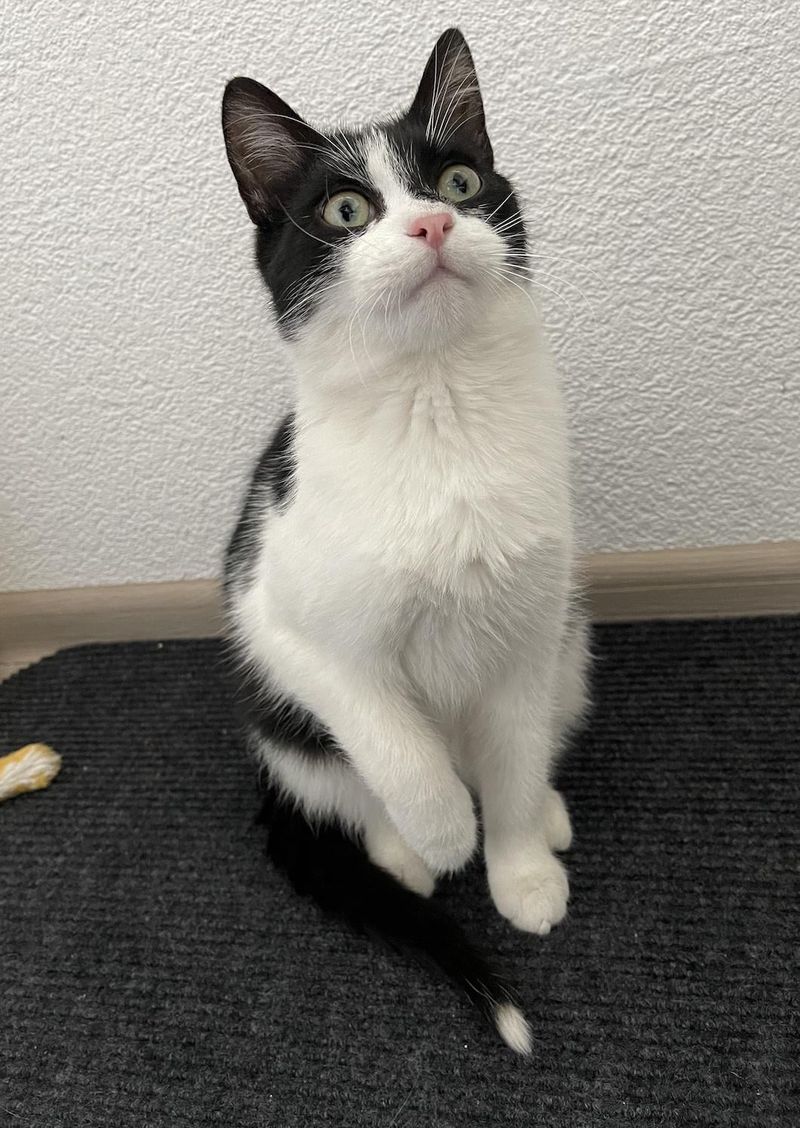
Not all cats enjoy being picked up or cuddled on demand. Each cat has its own social preferences and rhythms. Respect their cues and wait for them to approach you. Forcing interactions can lead to stress and anxiety, damaging trust. By allowing them to initiate contact, you create a more comfortable bond. This respect for their autonomy lets them know you value their independence. Over time, you might find they seek out interaction more frequently, building a stronger, more trusting relationship between you and your feline companion.
Ignoring Litter Box Cleanliness
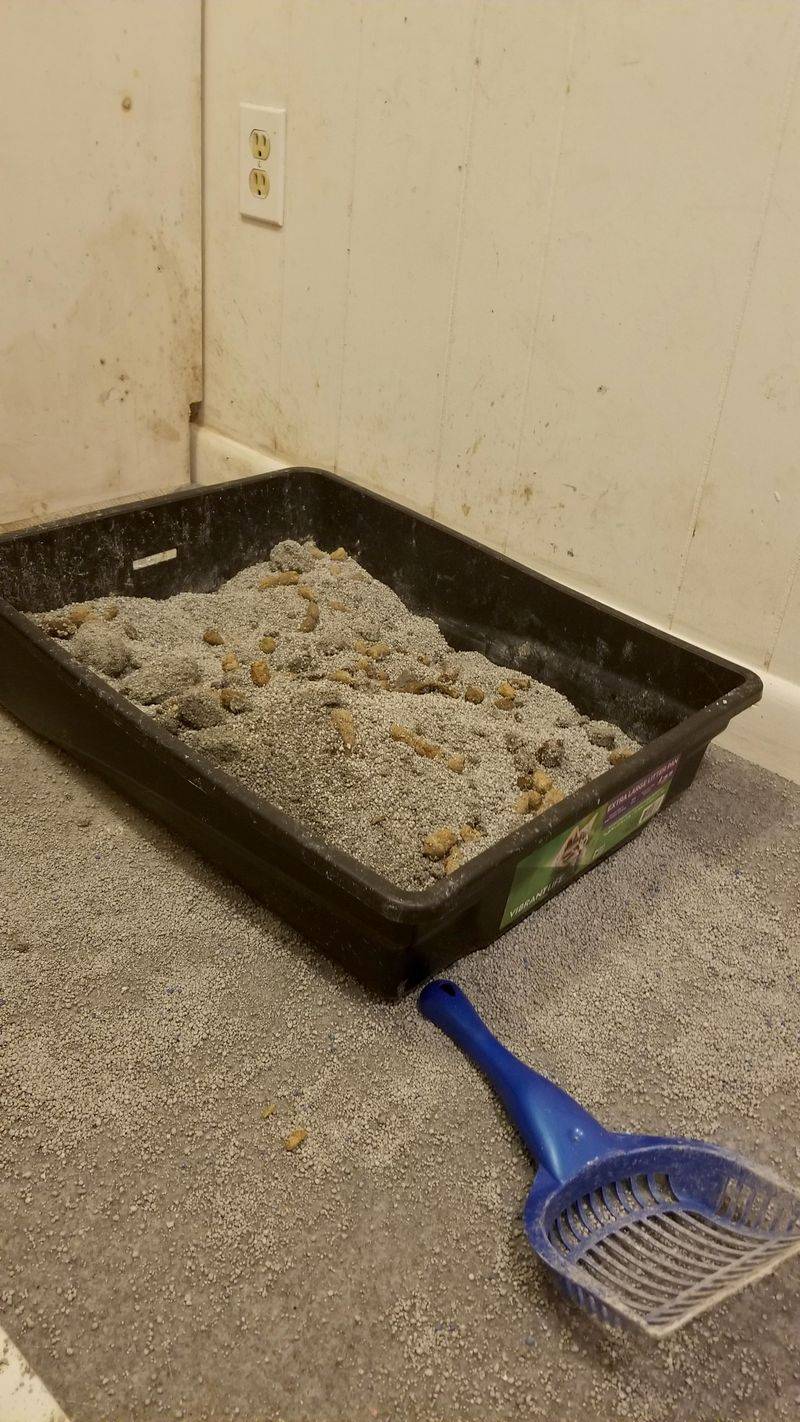
Cats are fastidious creatures who appreciate cleanliness, especially when it comes to their litter box. An unclean box can deter them from using it, leading to accidents elsewhere. Regular cleaning ensures it remains inviting. Scoop daily and change litter frequently. Consider the box’s location; a quiet, accessible place is ideal. Cleanliness is key to preventing behavioral issues linked to the litter box. By maintaining it well, you respect their need for hygiene. This simple act enhances their comfort and reduces stress, making for a happier home environment for both you and your cat.
Playing Loud Music
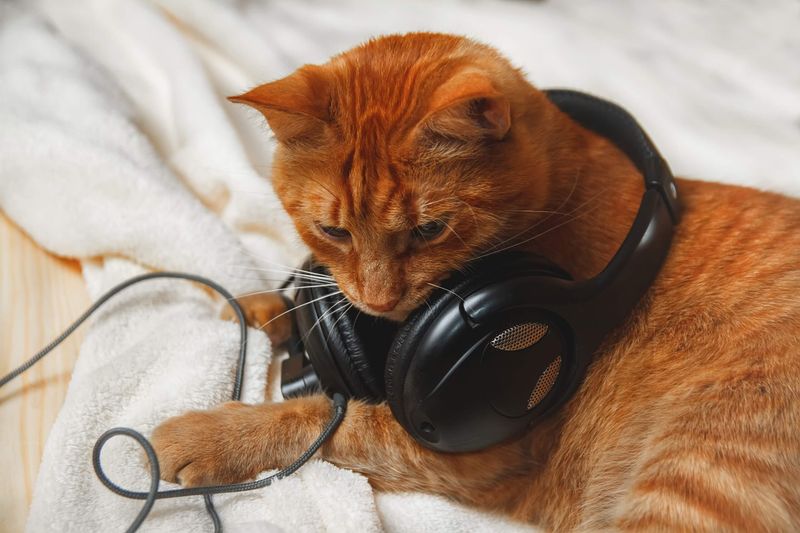
Cats have sensitive hearing, and loud noises can be distressing. The booming bass of your favorite track might not be shared by your feline friend. Consider their comfort when setting the volume. Creating a peaceful atmosphere can significantly improve their well-being. If they retreat to a quieter corner, it’s a sign they’re seeking solace. Low volumes or soft music can be soothing. By being mindful of noise levels, you ensure their environment remains a sanctuary. This thoughtfulness towards their auditory comfort enhances their sense of safety and security.
Not Understanding Body Language
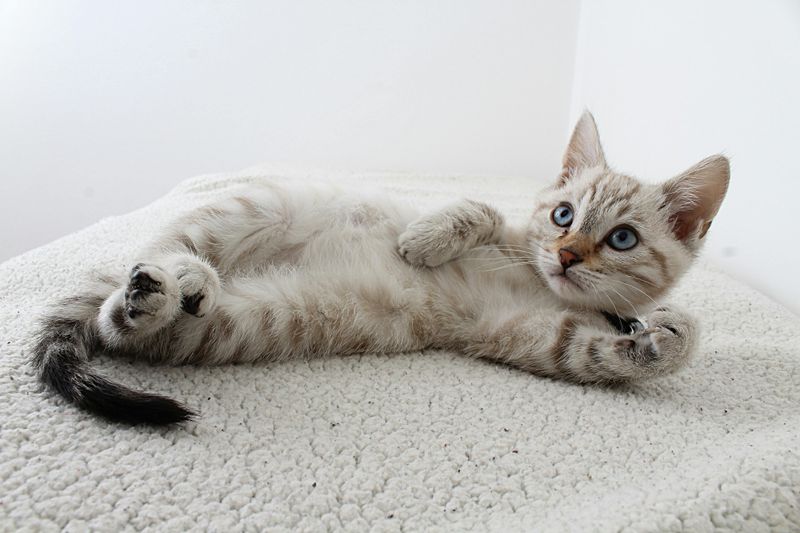
Feline body language is complex and often subtle. Misinterpreting or ignoring these cues can lead to misunderstandings. Ears back, a twitching tail, or dilated pupils are signs of discomfort or agitation. Learning to read these signals helps bridge communication gaps. When you understand what they’re expressing, you can respond appropriately. This empathy fosters a deeper connection and trust. Being attuned to their non-verbal cues ensures you’re respecting their emotional state. As a result, your relationship can grow stronger, leading to a more harmonious coexistence.
Feeding Inappropriate Food

Cats have specific dietary needs that differ greatly from humans. Feeding them inappropriate food can lead to health issues or nutritional imbalances. Understand their dietary requirements and provide high-quality cat food. Avoid the temptation to share table scraps, no matter how much they plead. This commitment to their health ensures they maintain optimal well-being. Proper nutrition is essential for longevity and vitality. By feeding them appropriately, you’re supporting their health and happiness. This conscious approach to their diet allows them to thrive and remain energetic throughout their life.

